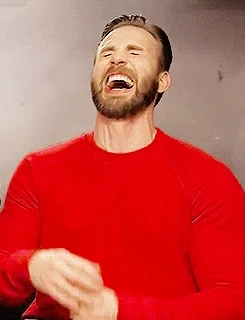Since at least the 1920s…
There is also the nostalgia thing—in a western for the 19th century, which some people still remembered, as opposed to in a superhero film for our own youthful memories of comic books
And Kurosawa borrowed heavily from Shakespeare. It’s turtles all the way down.
Gosh. You don’t say. Someone should make a joke about that… /s
It would be pretty fucking weird to discuss Logan without comparing it to a western.
Never!
There’s actually a lot of parallels between the two film genres which make them a natural fit. Including, but not limited to, the archetype of the stoic killer hero, the fact that the decades preceding and following the Meiji restoration lined up nicely with The Wild West, both being periods of huge societal change which is easily romanticized, etc.
If anything, Samurai films should be borrowing more plots from Westerns.
[Kurosawa side-eye]
Yes, because the western borrowed all that from Samurai films, specifically Kurosawa…
 Mamas, don’t let your babies grow up to be X-Men…
Mamas, don’t let your babies grow up to be X-Men… 

Spaghetti Westerns were mostly critical of assumptions underlying the genre. (Sergio Corbucci being the most notably political)
There is an entire subgenre which is practically Marxist in its criticism (Where the Mexican Revolution is a setting. The “Zapata Westerns”)
My favorite American remake of a Kurosawa movie is probably A Bug’s Life.
The one which doesn’t get enough recognition is Last Man Standing with Bruce Willis, Christopher Walken and Bruce Dern.
War movies, it depends on the scale and the conflict.
It used to be easier when black and white was the norm, because you could use actual war footage for filler. (Color war footage seldom matched as easily to Hollywood shot stuff)
The explosion of Vietnam films after Platoon (1986-89) came largely due to film friendliness of the Philippine government. Providing vehicles, equipment and people when necessary.
They shot 11 seasons of MASH in the hills of California and 7 seasons of Combat on backlot sets.
The setting of the war helped too. It’s easier to find a film locale that looks like the jungles of Southeast Asia and set off some pyrotechnics in the foliage than to (say) shoot a convincing recreation of the Blitz.
There’s no doubt that Kurosawa’s work was hugely influential on many of the great westerns, but the genre was pretty well established by the time he made his first film in 1943. By then the movie studios had already been filming Westerns for a full four decades, and the themes of stoic cowboy heroes and societal change had already been shown in several of them. (But maybe just not as well.)
A brief history of 20th Century film influence:

(For his part Kurosawa was a fan of John Ford’s films)


